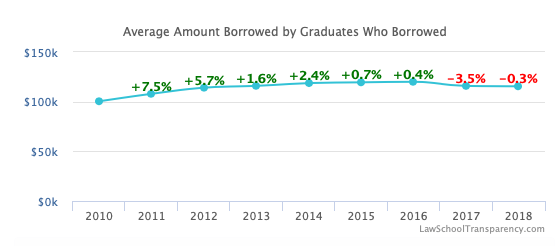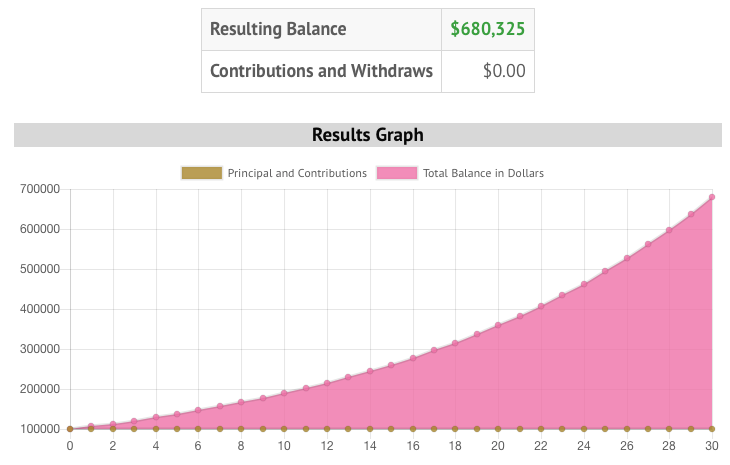How to Become A Lawyer Without Debt
- May 28, 2019
- by Steven

Did you know you can become a lawyer in the United States without going to law school (and without suffering under a mountain of debt)?
The traditional path to becoming a lawyer in the United States is the law school path:
- You take the LSAT.
- You earn a JD (go to law school), which is your ticket to sit for the bar.
- You pass the bar.
- You’re now a lawyer and can practice law.
However, there’s a little known alternative path to becoming a lawyer called “Reading The Law,” which is becoming a lawyer by apprenticing. Figures such as Abraham Lincoln and Thomas Jefferson became lawyers by Reading The Law.
Reading The Law involves apprenticing directly under a practicing lawyer or judge. You meet your state’s particular Reading The Law program requirements over the course of your several-year apprenticeship. And you’re then eligible to sit for that state’s bar examination.
The Reading The Law path boils down to:
- You read the law (complete a legal apprenticeship).
- You pass the bar.
- You’re now a lawyer and can practice law.
Reading The Law, doing a legal apprenticeship, does not require taking the LSAT or paying for a JD. And thus does not require artificially-inflated tuition. The main costs of following a Reading The Law program include a few hundred dollars to cover administrative and filing fees, and books and materials. Reading The Law is more cost-effective than law school.
According to Law School Transparency, the average student loan debt of law school graduates is over $100,000.
And that $100,000 is just law school debt. Many law school students also suffer under compounding undergraduate debt.
At an interest rate of 6.6% (the average interest rate between 2019-20 Stafford Loans and Graduate PLUS loans), $100,00 compounded yearly would be worth $680,325 after 30 years.
This is a lot of money. Which should force all prospective law students, staring a pile of debt in the eye, to ask the question: Is law school worth the investment?
When you consider the fact that law school is not designed to give students practical legal skills — which has long been a major critique of law school education — in addition to the sky-high cost, the value of law school starts to become dubious.
Many people in the legal industry acknowledge the fact that law school does a poor job at preparing you for the actual practice of law, but contend the signaling power of a JD will help you obtain coveted legal positions — big law jobs, government law jobs, judicial clerkships — in a way Reading The Law will not.
Even if true today, the comparison in this respect fails because 1) not many states offer Reading The Law programs. California, Virginia, Washington State, and only a few others permit becoming a lawyer by legal apprenticeship. And 2) as a result the sample size of Law Readers is so small.
What’s more, undergraduates often fall victim to a “this is how it’s always been” mentality and blindly follow the law school path because it’s what they've known. And pre-law advising departments at universities often don't let their students know about Reading The Law. These conditions create a situation where law schools hold a monopoly over the legal profession, thereby stamping out competition from legal apprenticeships.
But what would happen to the signaling power of a JD if more and more states permitted becoming a lawyer by Reading The Law and more and more prospective lawyers availed themselves of this alternative path?
Already, the JD is losing its luster. Some even call a JD a “scarlet letter” on your resume. And already, more and more people are finding Reading The Law as a viable path to becoming an attorney.
Kim Kardashian made big news when she announced she’s pursuing a legal career by Reading The Law. And organizations like ReadingTheLaw.org (disclaimer: RTL is the author’s organization) are coming to life to provide resources and structure to help prospective and current legal apprentices navigate the Reading The Law path.
Becoming a lawyer is a big career decision. It’s also a big financial decision. And so if three years in a classroom at $100,000 in debt is not your idea of a smart financial decision, know that you have other options to become a lawyer. You can read the law, like Abraham Lincoln did.
Learn more at ReadingTheLaw.org and the RTL Forum.










